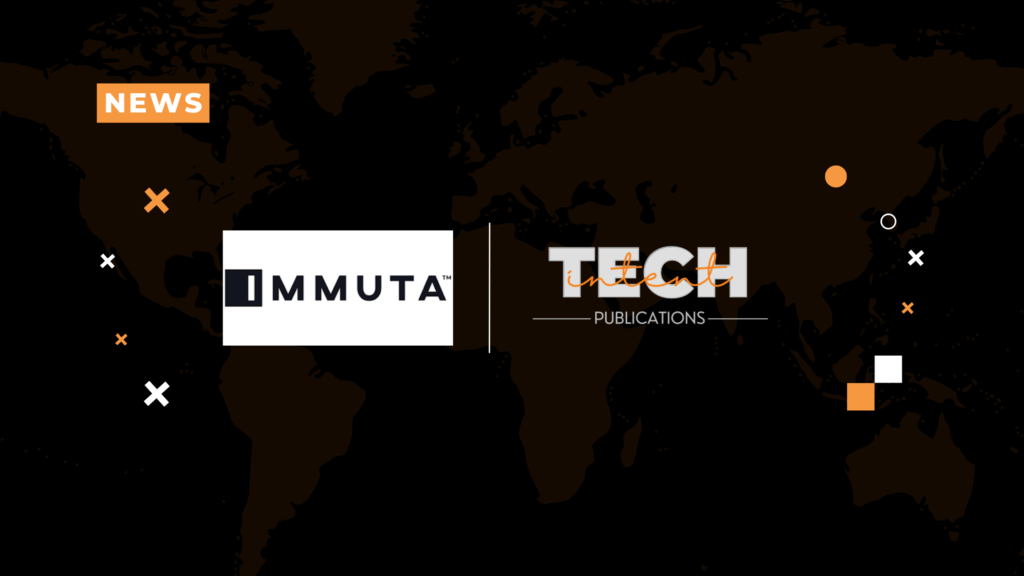or call: +1 (845) 347-8894

or call: +1 (845) 347-8894
or call: +1 (845) 347-8894

Using the right data access security controls, new capabilities enable customers to strengthen security posture by quickly identifying security gaps and accelerating remediation efforts.
Immuta, a pioneer in data security, has just released new dynamic query classification and vulnerability risk assessment features for the Immuta Data Security Platform. With the help of these new features, customers can quickly identify and prioritise security flaws, protecting sensitive data according to the situation and degree of sensitivity. These capabilities make Immuta a suitable option for Data Security Posture Management (DSPM), especially when combined with its data discovery and security features.
Threat actors are taking advantage of the fact that data security is more complicated than it has ever been. Organisations need to be aware of the risk posed by modern data platforms, according to Mo Plassnig, Chief Product Officer at Immuta. This risk includes insider threats as well as sophisticated nation state attacks coupled with rising cloud adoption. “While there are cybersecurity tools available to find weaknesses in cloud infrastructure, using those tools to reduce the risks to data security don’t work. They lack sufficient context for the data. Immuta’s new Dynamic Query Classification (DQC) enables customers to safeguard data in light of its overall context. Immuta can now create dynamic classifications based on how the data is accessed rather than using static and frequently out-of-date data classifications from a previous point in time.Immuta, for instance, will immediately recognise the joining of sensitive and non-sensitive data and correctly classify the outcome. No other method of data security is capable of doing this.
The move to the cloud has fundamentally altered how businesses operate and given many of them the opportunity to prosper in today’s developing hybrid remote workforce. Teams now collaborate and work more effectively, processes have been streamlined, and data is more accessible than ever. But there has also been a significant rise in the probability of a data breach. In order to address new concerns about cloud data security and privacy, DSPM has emerged as a new category of solutions aimed at locating and mapping data flows and repositories. “By 2026, more than 20% of organisations will deploy DSPM technology,” predicts Gartner, Inc.1, “due to the urgent requirements to identify and locate previously unknown data repositories and to mitigate associated security and privacy risks.”
In addition to making it simple to identify and dynamically protect sensitive data, monitor and measure data access risk, and offer impenetrable data protection across the top cloud data platforms, these new features from Immuta help customers protect, manage, and remediate data. Immuta is in a unique position to offer DSPM over structured data because it manages and enforcs data policies that regulate access to data.
